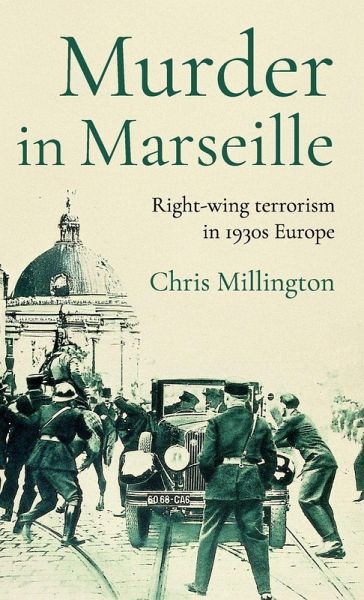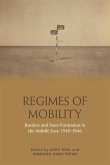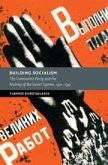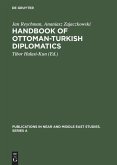[Not final] On 9 October 1934, a terrorist gunman assassinated King Aleksandar I of Yugoslavia before a crowd of hundreds of onlookers in Marseille. The Croatian ultranationalist Ustashe was responsible for the murder. The Ustashe hoped that the king's death would cause the collapse of Yugoslavia and the liberation of the Croat people. This book examines the circumstances, processes, and trajectories that shaped the Ustashe terrorists and their attack in Marseille. Its focus is historical, yet it maintains an eye on approaches to the study of contemporary terrorism and how recent manifestations of the phenomenon may inform understandings of past political violence, and vice versa. The book poses questions that transcend chronological boundaries: what prompts people to join terrorist organisations? How are these people 'radicalised' to commit violence? Are processes of 'radicalisation' generalisable across time? How do terrorists understand, explain, and justify their actions? What roles do women play in terrorism? Which factors, internal and external to a terrorist act, facilitate its success? Can states give terrorists a fair trial? In responding to these questions, Murder in Marseille bridges the scholarly gap between historical and contemporary terrorism, paying attention to, and often guided by, current concerns, ideas, theories, and notions about such violence while remaining firmly rooted in the history of early twentieth-century Europe.
Hinweis: Dieser Artikel kann nur an eine deutsche Lieferadresse ausgeliefert werden.
Hinweis: Dieser Artikel kann nur an eine deutsche Lieferadresse ausgeliefert werden.








